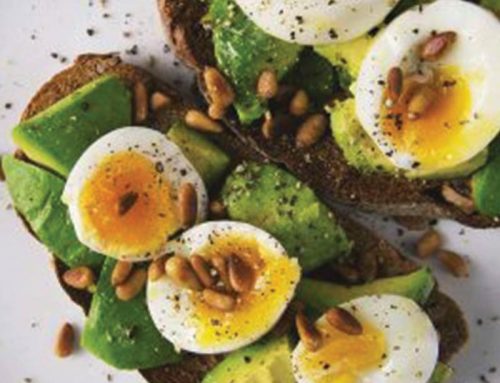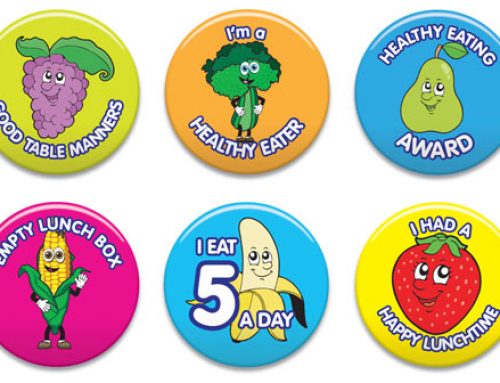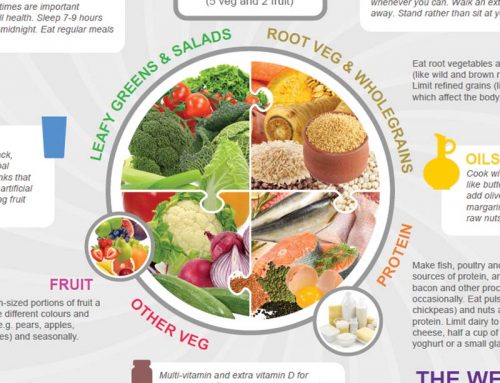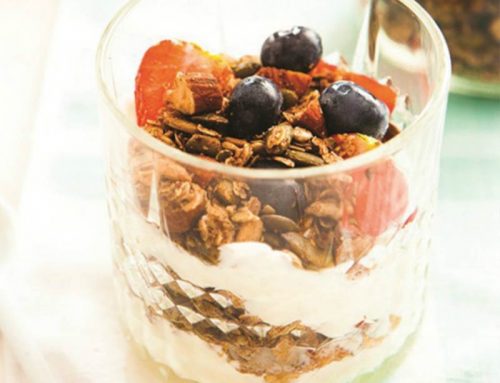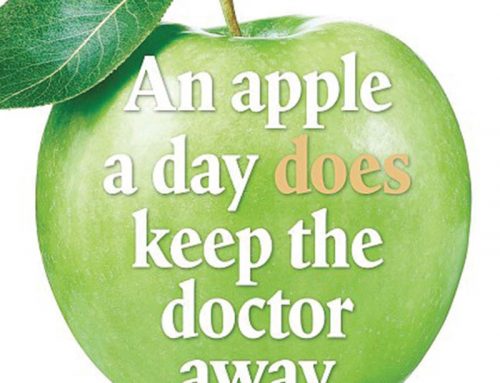Trying to make healthy choices in the supermarket can be quite a challenge, especially when you’re time pressed and/or have small children hanging out of you. However, knowing the nutritional credentials of your favourite foods can at least help you make informed choices, particularly when faced with two similar options. Below is my healthy shopping guide to help you move more swiftly down the aisles:
1) Fresh vs Frozen Vegetables: Many of us think frozen veg must be the poor relation to fresh, when in fact quick freezing locks in water soluble vitamins such as Vitamin C and Folate, nutrients that are easily damaged by sunlight, heat and storage.
Bottom Line: The key is to reach your target of five a day by the most convenient way for you. Both fresh and frozen count, so keep some frozen packs to hand for when your veg basket is empty. The same goes for fruit, for example, frozen berries are a better and much more cost effective choice than fresh berries at this time of year.
2) White Potatoes vs Sweet Potatoes: The protein, fibre, fat and calorie content of the white and sweet potato are similar. However, the vitamin content does vary significantly between the two potatoes. The sweet potato is higher in vitamin C and significantly higher in vitamin A. You will also get a steadier release of energy from sweet potatoes due to their slightly lower GI rating.
Bottom Line: It seems sweet potatoes pip white potatoes to the post when it comes to immune enhancing vitamins and their lower GI rating. However, if you prefer a regular white spud, go for baby new potatoes which have a lower GI rating than regular potatoes.
3) Olive oils vs rapeseed oil: They’re on a par in terms of calories and fat. One tablespoon of either oils contains 100 calories and 11g of fat. The difference is in the type of fat they provide. Olive oil is higher in saturated fat (unhealthy fat) but contains more monounsaturated fat which is a healthy type of fat so it pretty much balances out.
Bottom line: Both are heart healthy oils, so, you should base your decision on how you plan to use them. Rapeseed oil is better if you’re cooking at high temperatures, such as stir frying, whereas olive oil is better for drizzling or making salad dressings.
4) Red onion vs white onion: Both types of onions are powerful super foods with antiviral, antibacterial, and antioxidant properties. However, red onions do contain more of the antioxidant quercetin which helps to boost immunity and lower inflammation in the body.
Bottom Line: For most benefit, make sure to include a variety of onions in your diet, but especially make sure to have at least one red onion a week! Most importantly – make sure not to over peel, those outer layers have the most nutrients! According to a recent study, peeling the first two layers of the onion removes 75 % of the antioxidants.
5) Tinned Tuna vs Tinned Salmon: A 100g portion of tinned salmon provides 1.4g omega 3 fats, whereas the same quantity of tuna has just 0.2g omega 3’s, as the canning process removes most of the essential fats. Both are a rich source of protein but because tuna has less fat than salmon, it’s also lower in calories
Bottom Line: If you’re seriously watching your weight, go for tuna, but, if you want to boost your omega 3 intake, a tin of salmon is the better choice.
6) Red Wine Vs White Wine: Red wine is made with the skin of the grape and so contains more of certain antioxidants than white. Red wine also contains a powerful antioxidant called resveratrol which may help prevent against cancer and heart disease.
Bottom Line: Yes, there are more health benefits to be found in drinking red wine. However, consuming any alcohol in moderation can reduce your risk of developing heart disease, so, both wines offer benefits – but only in moderate amounts of course!
7) Regular Eggs vs Organic Eggs: The kind of fat found in eggs depends on the type of feed the chicken has been given. Most eggs come from battery chickens which are fed badly, therefore they lay eggs high in saturated fat. However, eggs that are laid by organic free-range chickens tend to be healthier because they are fed with omega 3 rich feed.
Bottom Line: If they’re within your budget, go for organic eggs. As well as containing less saturated fat, they taste better and being free range, they are the ethical choice.
8) Honey vs Sugar: Both give us calories with very little nutrient content and cause blood sugar to rise about the same (having similar glycemic index rankings). One tablespoon of honey is 64 calories vs. 49 calories from sugar. However, because honey tastes sweeter, you can use smaller amounts for the sweetness you are looking for.
Bottom line: Really it comes down to personal taste and weighing up the cost. Also, bear in mind that certain honey, such as Manuka honey, does offer significant health benefits, but, you’ll pay for it.
*************************************************************************************************


